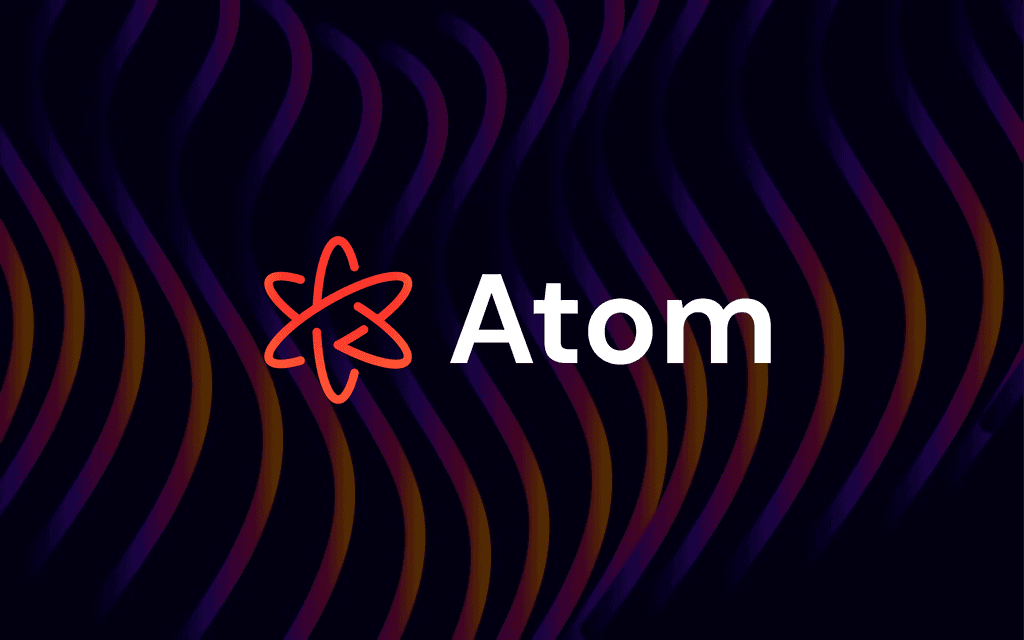Improving Data Protection in Research Environments
Discover how to enhance data security and safeguard sensitive information in research environments with advanced technologies and best practices.

Data protection is a critical concern for researchers and organizations working in research environments. With the proliferation of data breaches and cyber threats, it is more important than ever to prioritize the security of sensitive information. Fortunately, advancements in technology have paved the way for innovative solutions to improve data protection in research environments.
One of the key challenges in research is the management and security of vast amounts of data. From participant information to research findings, researchers handle substantial volumes of sensitive data that must be protected from unauthorized access or data loss. Adopting robust data protection measures not only ensures compliance with regulations such as GDPR and HIPAA but also promotes the integrity and trustworthiness of research outcomes.
Implementing encryption techniques is a crucial step in enhancing data protection. By encrypting data at rest and in transit, researchers can ensure that even if unauthorized individuals gain access to the data, it remains unreadable and unusable. Additionally, access controls and user authentication mechanisms should be established to restrict data access to authorized personnel only.
Another effective approach to improving data protection is the use of advanced technologies such as artificial intelligence (AI) and machine learning (ML). These technologies can analyze vast amounts of data and identify patterns of abnormal behavior, facilitating the early detection of potential security breaches. AI-powered solutions can also automate the monitoring and management of data security, minimizing human errors and providing proactive measures to address vulnerabilities.
Regular data backup is a fundamental practice in data protection. Investing in robust backup systems ensures that valuable research data remains accessible even in the event of hardware failures, natural disasters, or other unforeseen circumstances. It is recommended to use cloud-based backup solutions that offer redundancy and encryption to further enhance data protection.
Lastly, staying updated with the latest security standards and best practices is essential. Research organizations should educate their staff on data protection policies and provide training on recognizing and mitigating potential security threats. Conducting regular security audits and penetration tests can help identify vulnerabilities and remediate them before they are exploited.
Protecting sensitive data in research environments is an ongoing challenge, but advancements in technology offer valuable solutions. By implementing encryption techniques, leveraging advanced technologies like AI, establishing strong access controls, conducting regular backups, and staying updated with security standards, researchers can significantly enhance their data protection strategies.
At Atom, our AI-powered research administration SaaS solution provides seamless automation for finding, writing, and managing research grants. With advanced security features built-in, we prioritize data protection, allowing researchers to focus on their work without compromising on security. Get started here.